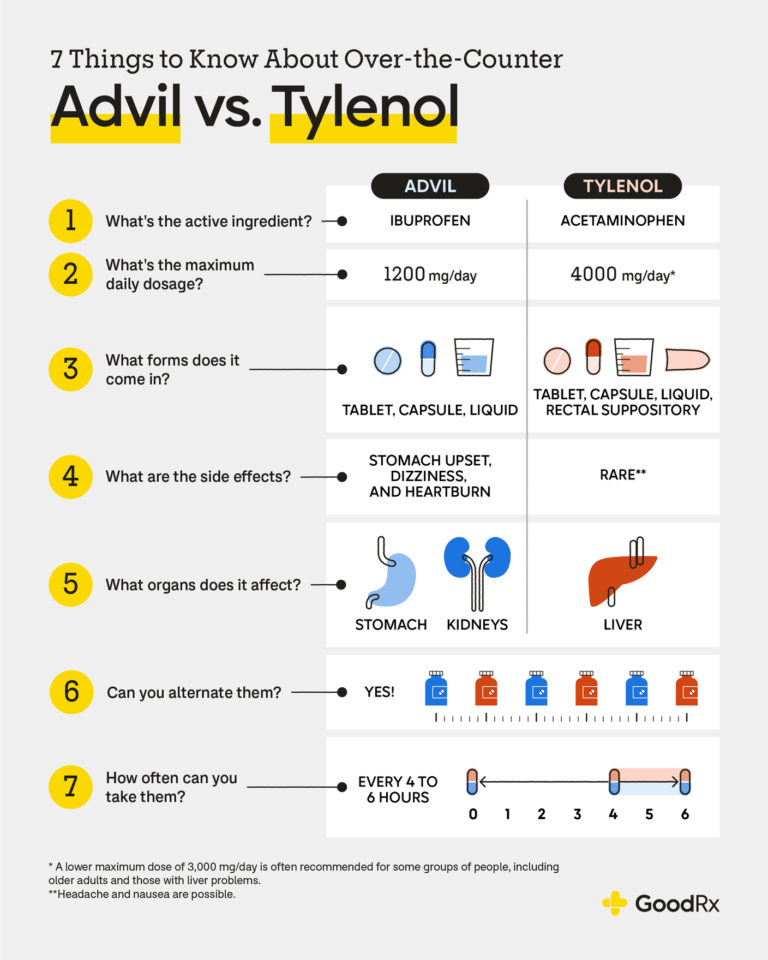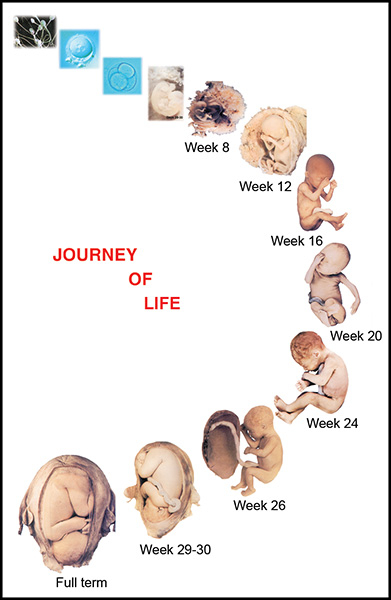When Does Baby Roll Over: Everything You Need to Know
As a new parent, it’s natural to be curious and excited about your baby’s developmental milestones. One of the most eagerly anticipated milestones is when your baby starts to roll over. Seeing your little one achieve this feat can be a joyful moment, but you may also have questions about when it typically occurs and what to expect.
Knowledge
Rolling over is a significant milestone in your baby’s physical development. It is a sign that your baby’s muscles are getting stronger, and they are gaining more control over their body. Most babies start to roll over between 4 to 6 months of age, but every baby is different, so don’t be alarmed if your baby takes a little longer.
Before your baby starts rolling over, you may notice some signs that they are getting ready to achieve this milestone. Your baby may start to push themselves up on their arms during tummy time, or they may begin to rock back and forth on their back. These are signs that your baby is building the strength and coordination needed to roll over.
There are things you can do to encourage your baby to roll over. Providing plenty of supervised tummy time can help your baby strengthen their neck, back, and arm muscles, which are essential for rolling over. You can also place toys or interesting objects just out of reach to motivate your baby to move and reach for them, which can help them learn to roll over.
Once your baby starts rolling over, it’s essential to ensure their safety. Make sure to always place your baby on their back to sleep to reduce the risk of SIDS (Sudden Infant Death Syndrome). You should also never leave your baby unattended on a changing table, bed, or any elevated surface once they start rolling over, as they could accidentally roll off.
Conclusion
In conclusion, the milestone of rolling over is an exciting moment in your baby’s development. While most babies start to roll over between 4 to 6 months of age, every baby is unique, so don’t be discouraged if your baby takes a little longer. Providing plenty of tummy time and engaging your baby in play can help them build the strength and coordination needed to achieve this milestone.
Remember that every baby develops at their own pace, so try not to compare your baby’s progress to others. Celebrate each small achievement along the way and enjoy watching your baby grow and learn new skills.






